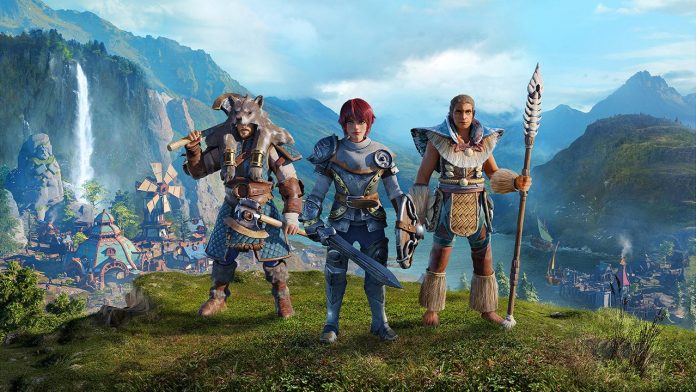Germany isn’t the first name that comes to mind when thinking about video games…
The country is famous for its car industry, which is one of the world’s largest and is particularly well known for producing prestige brands including BMX, Porsche and Mercedes-Benz. In fact, the latter is a descendant of the company that produced the first-ever practical automobile, the Benz Patent-Motorwagen back in 1885.
Today, Germany continues to innovate, and a prime example of this in action comes from the gaming industry
This could come as quite a surprise for anyone who thought countries like the US and South Korea led the way. But Germany is not only home to a truly thriving gaming scene, it is also supported by a huge number of gamers.
In fact, it is Europe’s second largest games market after Russia and boasts no fewer than 58 million gamers, an impressive 69% of the 84 million population with a relatively high average gamer age of 37.4. In 2020, the industry enjoyed a turnover of around €8.5 billion in terms of purchases of games and gaming software.
So it doesn’t come as a surprise that each year the world’s largest gaming industry convention, Gamescom, is held in Cologne.
The German industry is boosted by the fact that the country also has the highest number of internet users in Europe. And it’s not just traditional video games that they enjoy online. There is also enthusiasm for playing online casino games. The sheer number of these has seen many review sites springing up, where prospective players can read reviews and compare welcome bonuses. For example, Bonusfinder DE lists different types of bonuses such as free spins or no deposit bonuses from well-known platforms like Casumo or NetBet.
The games’ creators themselves are fairly widespread across the country’s main cities. In Berlin, there are around 130 different developers and publishers while in Hamburg the number is 90. Further south, in Bavaria, there are even more with over 160 and one of the reasons for this vibrant scene is the financial support that the government gives to start-ups.
Many of these have grown to become significant names in the industry including Wooga which specialize in games with strong narrative themes and Hamburg’s Goodgame Studios which produce a number of Goodgame-themed titles including ones that feature farming, discos, cafes and even fashion.
Other high-profile games that have their origins in the country include the world-famous FIFA Football Manager franchise which was developed in collaboration between EA Sports and the German Studio Bright Future. There are also many action role-playing games including Piranha Bytes’ Gothic series and Egosoft’s X franchise.

The industry’s success is all underpinned by having the right workforce to make it happen, as well as over 40 colleges and universities turning out highly qualified graduates each year. It’s estimated that there are over 28,000 people currently working in or around gaming with 11,000 directly employed by developers and publishers.
Looking to the future, the industry seems set to continue growing, boosted by the Federal German games funding programme – good news not just for games developers and players in the country, but for the whole world of gaming.







